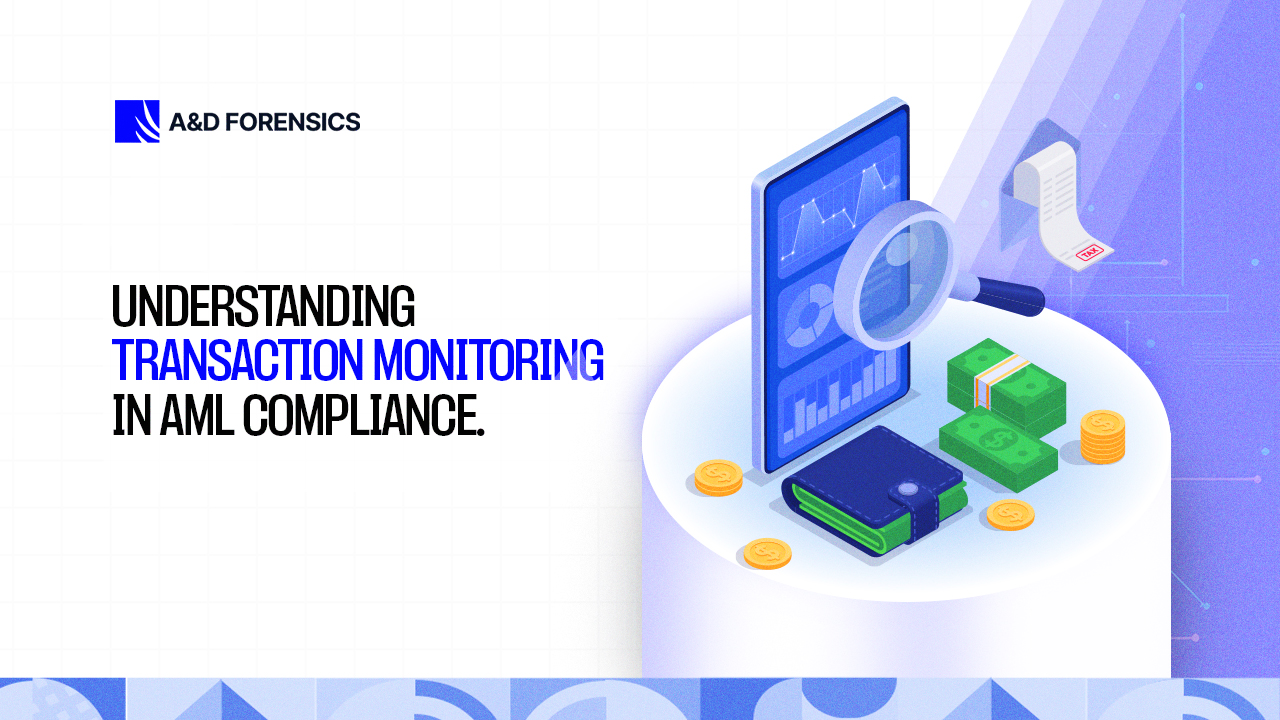FATF-Style Regional Bodies (FSRBs) are intergovernmental organizations inspired by the Financial Action Task Force (FATF), which was established in 1989 by the G7 (now G8) to combat money laundering, terrorist financing, and other related threats to the integrity of the international financial system. These bodies function similarly to FATF, focusing on regional specificities and promoting the implementation of FATF’s standards within their respective regions. Through their efforts, FSRBs enhance global efforts to combat financial crimes and maintain the integrity of the international financial system.
What is a FATF-style Regional Bodies?
The nine FATF-Style Regional Bodies (FSRBs) are autonomous regional entities that support the FATF in enforcing its global anti-money laundering and counter-terrorist financing (AML/CFT) policies. They play a crucial role in implementing the FATF’s 40 Recommendations across over 200 countries.
Together with the FATF, these nine FSRBs form the Global Network. This network unites more than 200 governments and 20 observer international organizations, working collaboratively to uphold AML/CFT standards worldwide.
What is the purpose of FATF-style Regional Bodies?
FATF-Style Regional Bodies (FSRBs) are key in managing global efforts to fight money laundering and terrorist financing. They help their member countries adopt FATF Standards and evaluate their AML/CFT practices. By sharing FATF’s global guidelines, FSRBs assist over 200 countries in understanding and meeting FATF’s expectations for combating financial crimes.
The active participation of the FSRBs in the work of the FATF is crucial to ensure a global implementation of effective measures to combat money laundering and terrorist financing. To extend its reach and ensure comprehensive global implementation of its standards, the FATF has established and collaborated with nine FATF-Style Regional Bodies (FSRBs). These FSRBs operate in different regions of the world and help to promote the FATF’s objectives and principles.
What are the 9 FATF-style Regional Bodies?
The FATF-Style Regional Bodies encompass over 200 countries and jurisdictions, representing every continent. Here is a brief overview of each:
- Asia/Pacific Group on Money Laundering (APG): Established in 1997, the APG promotes and implements the FATF Recommendations in the Asia-Pacific region. It was one of the earliest FSRBs formed to extend FATF’s reach in a region with diverse financial systems.
- Caribbean Financial Action Task Force (CFATF): Formed in 1990, CFATF was the first FSRB. It focuses on the Caribbean basin, addressing the unique challenges faced by its member countries in combating money laundering and terrorist financing.
- Council of Europe’s MONEYVAL: Established in 1997, MONEYVAL evaluates compliance with international standards for combating money laundering and terrorist financing in Council of Europe member states and territories not covered by the FATF.
- Eurasian Group (EAG): Created in 2004, EAG serves the Eurasian region, promoting the implementation of FATF standards among its member states, which include Russia, China, and several Central Asian countries.
- Eastern and Southern Africa Anti-Money Laundering Group (ESAAMLG): Formed in 1999, ESAAMLG focuses on Eastern and Southern African countries, assisting them in implementing FATF standards and addressing regional money laundering and terrorist financing threats.
- Financial Action Task Force of Latin America (GAFILAT): Originally known as GAFISUD when established in 2000, it was renamed GAFILAT in 2014. It focuses on promoting FATF standards in Latin America.
- Inter-Governmental Action Group against Money Laundering in West Africa (GIABA): Established in 1999 by the Economic Community of West African States (ECOWAS), GIABA aims to combat money laundering and terrorist financing in West Africa.
- Middle East and North Africa Financial Action Task Force (MENAFATF): Formed in 2004, MENAFATF promotes the implementation of FATF standards in the Middle East and North Africa region, addressing the specific challenges faced by these countries.
- Central Africa Anti-Money Laundering Group (GABAC): Established in 2000, GABAC aims to combat money laundering and terrorist financing in Central Africa, promoting the implementation of FATF standards among its member states.
What is the primary role of FATF-style Regional Bodies in global financial regulation?
FATF-Style Regional Bodies (FSRBs) have important regional roles that include:
- Implementing Standards: They assist countries within their regions in adopting and enforcing the FATF’s global standards on anti-money laundering (AML) and counter-terrorist financing (CFT).
- Regional Assessment: They assess and monitor the AML/CFT practices of their member countries, ensuring compliance with FATF standards and identifying areas for improvement.
- Capacity Building: They provide training and resources to help countries improve their AML/CFT frameworks and practices.
- Sharing Best Practices: They facilitate the exchange of information and best practices among member countries to strengthen regional cooperation and effectiveness.
- Promoting Compliance: They work to ensure that regional countries understand and meet FATF’s expectations, contributing to a cohesive global effort against financial crimes.
By fulfilling these roles, FSRBs enhance the effectiveness of global AML/CFT measures within their specific regions.
How do FATF-style Regional Bodies contribute to the implementation of FATF standards?
Each FATF-style Regional Bodies operates with a structure similar to the FATF, typically including the following components:
- Plenary Body: The main decision-making body, usually comprising representatives from member countries. It meets periodically to discuss and make decisions on various issues, including mutual evaluations, typologies, and compliance.
- Secretariat: The administrative arm of the FSRB, responsible for coordinating activities, organizing meetings, and providing support to member countries.
- Working Groups: Specialized committees or groups that focus on specific areas, such as mutual evaluations, technical assistance, and policy development.
- Mutual Evaluation Process: Each FSRB conducts regular mutual evaluations of its member countries to assess their compliance with FATF standards. These evaluations are critical in identifying weaknesses and providing recommendations for improvement.
The FATF and FSRB’s High-Level Principles and Objectives
The FATF and FSRBs share high-level principles and objectives centered on establishing and promoting international AML/CFT standards, facilitating effective implementation, and fostering global and regional cooperation. The FATF develops and oversees the 40 Recommendations, ensuring their adoption and adaptation to emerging threats. The FSRBs support these efforts by regionalizing standards, enhancing local implementation, providing training, and monitoring compliance within their respective regions.
FSRBS and FATF’s Recommendation 16 Crypto Travel Rule
FATF-Style Regional Bodies (FSRBs) are actively supporting their member states in implementing the updated FATF Recommendation 16, commonly known as the Crypto Travel Rule. Amended in June 2019, this recommendation requires member countries to ensure that virtual asset transfers between virtual asset service providers (VASPs) are regulated effectively. FSRBs are assisting and evaluating their member jurisdictions’ efforts to align with the revised Recommendation 16, helping them establish appropriate policies and meet the compliance deadline.
Conclusion
In conclusion, FATF-Style Regional Bodies (FSRBs) play a crucial role in the global financial regulation landscape by regionalizing and promoting the implementation of FATF standards. These nine autonomous bodies assist over 200 countries in adopting and adhering to the FATF’s 40 Recommendations, enhancing global efforts against money laundering and terrorist financing. By providing regional support, conducting evaluations, and facilitating compliance with evolving standards such as the Crypto Travel Rule, FSRBs ensure an effective global approach to combating financial crimes.
Contributor: Ibrahim Anuoluwapo Azeez





